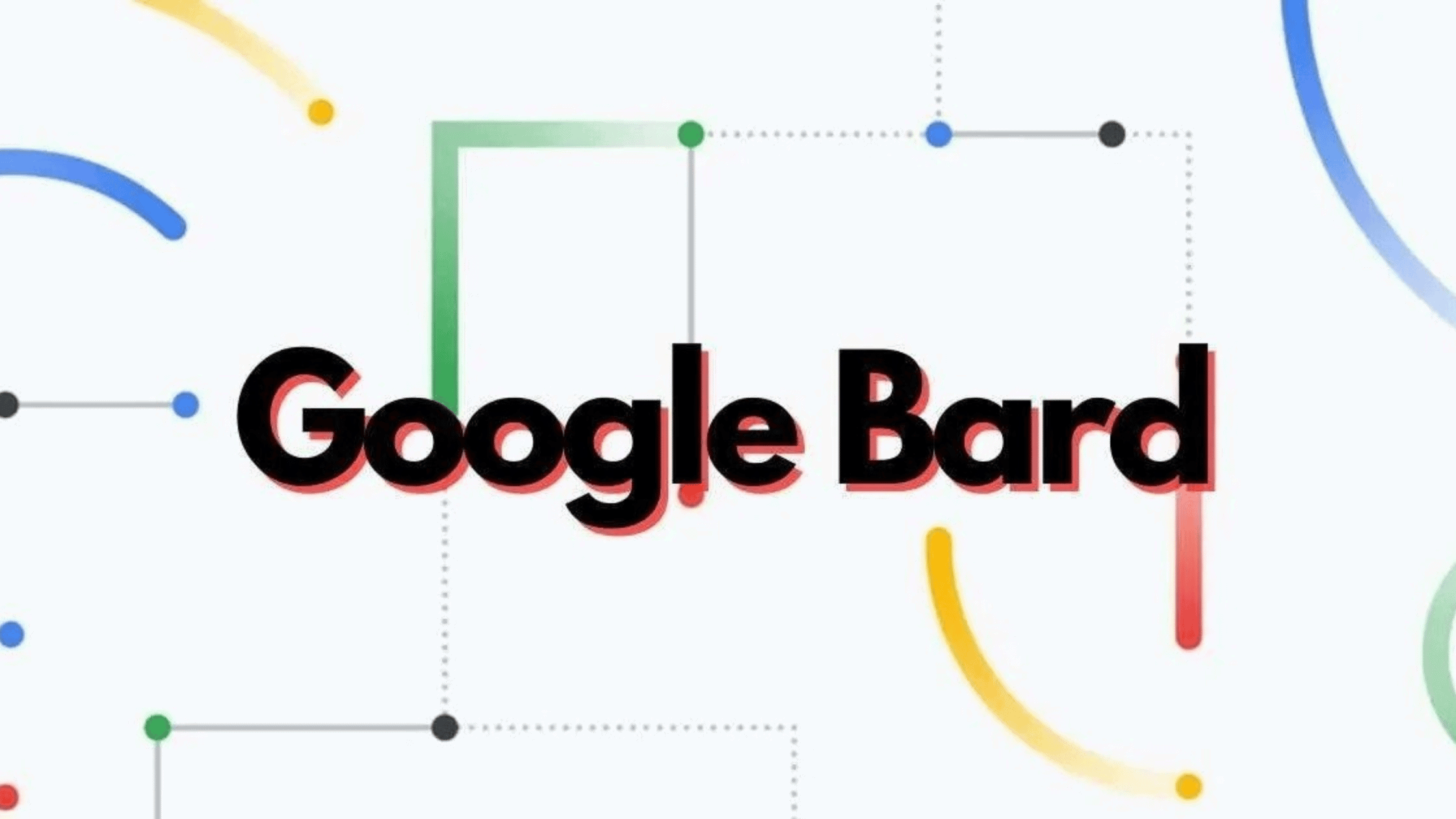Google’s latest move to integrate Bard into its Messages app has raised eyebrows, as the generative AI capabilities are set to analyze private conversations. While promising to enhance the messaging experience, Bard’s access to users’ private messages, tone analysis & sentiment interpretation raises privacy concerns. In this article, we delve into the implications and user considerations surrounding this update.
Also Read: Google Cuts Off Bard’s Training Company

Bard’s Analytical Capabilities
Google Messages is gearing up for a significant upgrade with Bard integration, bringing generative AI capabilities to users. Bard aims to understand the context, tone, and interests in private messages, offering personalized responses based on message history and relationship dynamics. However, reports suggest that Bard’s access to private messages and message history has ignited privacy debates.
Also Read: Get a Free 3 Month Trial of Google Bard Advanced; Experience the Future of AI Chatbots
Google’s Advisory on Bard Usage
Amidst the integration, Google has issued advice for users engaging with Bard. The beta code indicates that before utilizing Bard, users will be notified about the AI chatbot’s access to conversations, location, and other data for improved responses. Google emphasizes the collection of Bard conversations, product usage information, and location data, aligning with the privacy notice shared in the previous year.
Privacy Concerns and User Control
Privacy concerns escalate as Bard’s capabilities extend to analyzing message history, mood, and relationship dynamics. Google reassures users that those aged 18 or older can control Bard activity storage duration with their Google Account. However, the potential for accessing confidential information and the advisory not to share sensitive data during Bard conversations remains a focal point.
Also Read: Google Tests ‘Tracking Protection’ to Eliminate Third-Party Cookies: A Privacy Revolution Unfolding

On-Device Analysis vs. Cloud Processing
A crucial aspect of the privacy debate surrounds whether Bard’s analysis occurs on-device or in the cloud. While Google asserts on-device analytics, skeptics question the practical implementation, expressing concerns about potential leaks, misuse, and hidden data-sharing practices. The landscape is compared to Apple’s approach, which leans towards on-device analytics.
Our Say
Google’s integration of Bard into the Messages app marks a significant shift in the landscape of generative AI chat and messaging. As the industry evolves, privacy considerations become paramount. Users are urged to carefully evaluate the potential benefits against privacy concerns before unlocking message privacy settings. The decision to use message analysis ultimately rests on users, who have the right to demand clarity, control, and responsible AI development from the companies they trust. In a world where messaging apps are becoming the primary UI for generative AI capabilities, Google must navigate the delicate balance between innovation and user privacy.
Follow us on Google News to stay updated with the latest innovations in the world of AI, Data Science, & GenAI.




